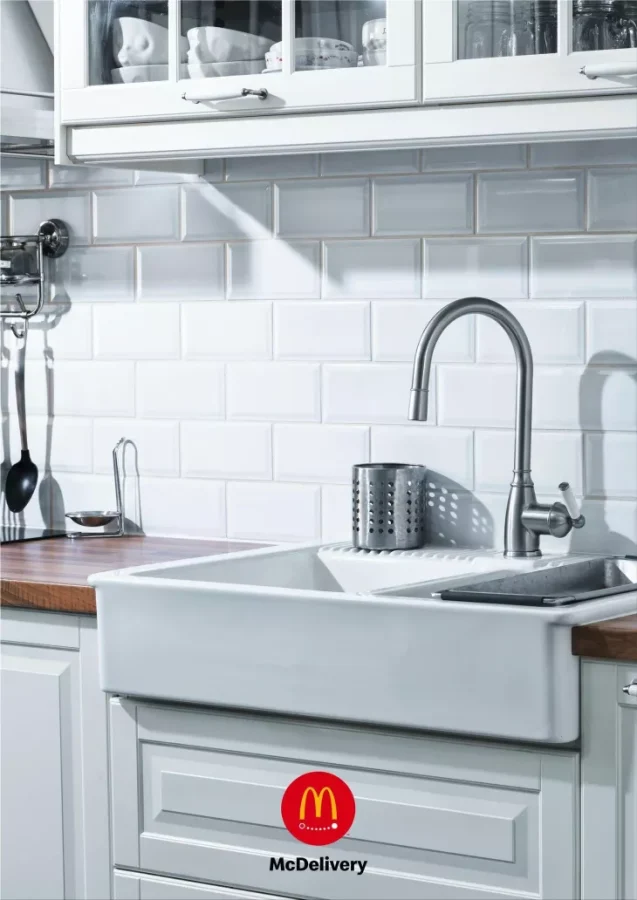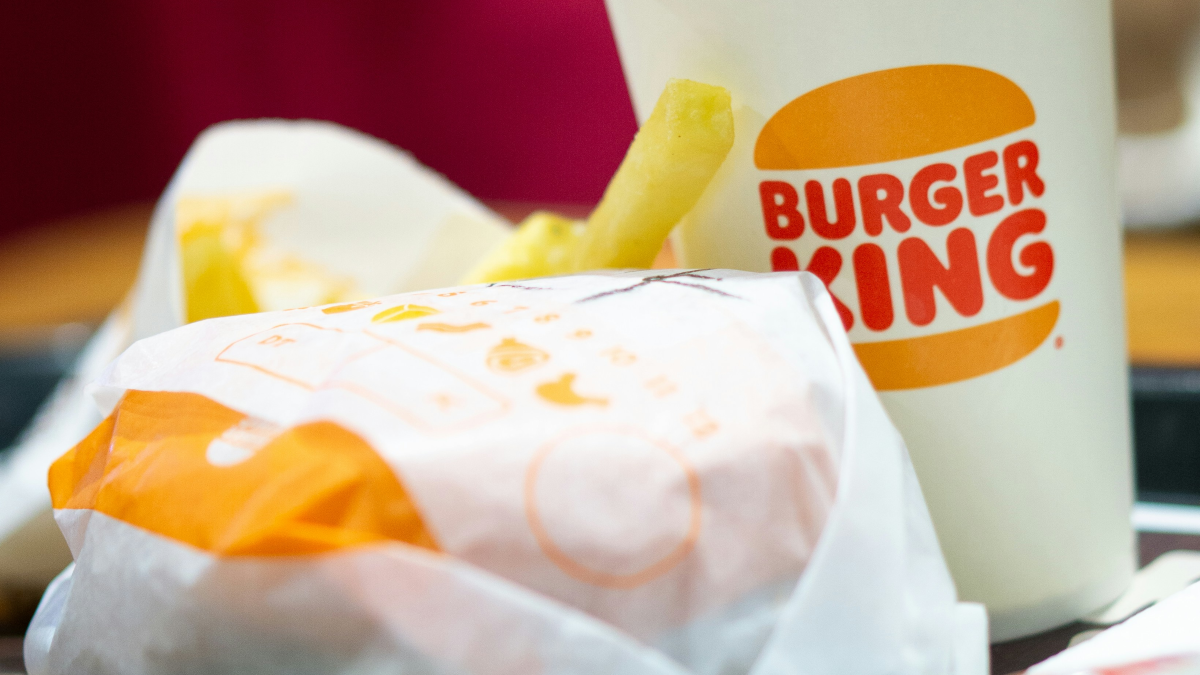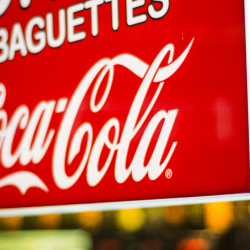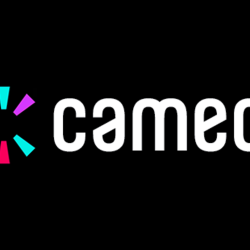It’s easy to think of advertising as a big, bad entity that’s only out to swindle us out of our money
But, newsflash: ads don’t force us to consume more. An effective ad is able to speak to your needs and desires, so that you decide on your own to purchase something. It’s the ineffective ads that we’re really blaming; the ones that assume that we’re all unthinking, spendthrift beings who can be convinced by the most inane arguments. The ones that think simply speaking to our dreams and desires is going to be enough. The ones who put a celebrity at the front and centre of their message, and think that that’s all it’s going to take for us to open up our wallets.
Advertising is a business, just like the brands it serves. And yet, there are ways for a business to remain empathetic and compassionate in these trying times. We’re facing a cost of living crisis, due to the rising costs of essential commodities. Our climate situation is worsening due to our growing overconsumption tendencies.
This makes it all the more essential for advertising to not just be attention-grabbing, but to be relevant in these times
Relevancy has never been more important, particularly in the age of Cancel Culture. The difference between a brand that’s embraced during the tougher times and a brand that’s cancelled lies in two things:
(1) Whether what it offers meets a consumer need that is regarded, by consumers, as needed or necessary (this tends to be satisfied by ensuring that there is a core audience understanding embedded within the advertisement)
(2) The voice and/or tone it adopts when communicating its offer, which typically is also sensed through the overall vibe of the ad
Putting these two together means having an ad that shows that the brand truly does understand its audience. Brands that have been on the receiving end of customers’ ire are likely those that have forgotten what it means to be a consumer, particularly in a time where every dollar spent is thought about more conscientiously. Those that continue to thrive, and even experience a growth in affinity, are likely those that have never forgotten that, at the core of it all, is the consumer.
IKEA is almost a class above the rest when it comes to relevancy
Sure, it’s regarded as a starter-upper furniture brand, but its communications are anything but basic. In a world where it’s increasingly commonplace to buy second-hand — or even third-hand — furniture (eBay UK has even seen a 140% growth in second-hand furniture sales), it becomes more of a challenge to sell furniture DTC. In the UAE, Al-Futtaim IKEA speaks directly about a key consumer concern: inflation. Through a simple and straightforward approach the brand is able to show that they truly understand what’s at the forefront of its consumers’ minds, and how it’s able to soothe their financial anxieties. In a way, it’s telling its consumers that IKEA is always on their side — that they’re ready to serve their customers well even in trying times.
Perhaps some of you may find that example a little too straightforward and uninspired. In that case, this one (again, by Al-Futtaim IKEA) once again shows that it places its consumers at the centre of their offerings.
In a world where brands are constantly trying to create advertising that puts their products in the spotlight, this series of ads clearly places the products in ‘second place’. It cleverly appeals to the sentiments of new parents; who may not know exactly what their young children will want or need, but still want the assurance of having certain handy products on standby. More importantly, it speaks empathetically to the desires of parents to always do their best for their children and their needs. In that way, IKEA shows just how much they’re ready to help parents be their children’s number one choice (over them). We don’t always need to look at examples that require us to spend our money: our time is precious too.
The world has become a lot more stressful, and TikTok understands that
Ask anyone about TikTok and you’ll come away feeling like the platform is either a huge time suck or a huge source of entertainment. What people don’t seem to remember is that a whole lot of us actually use TikTok as a sort of Google search, because sometimes it’s better than Google search results; if we’re getting real life people on TikTok telling us about their hacks or experiences. In a world that seems a lot more chaotic, anxious and pessimistic, sometimes all we want is some genuine advice from people who are either like us, or people who we realistically can aspire to become.
That’s where this incredible ad for TikTok comes in. Instead of selling us culturally irrelevant notions of fun and exhilaration, it’s chosen to focus on a true human need that’s especially necessary in today’s age. And taken a quieter yet much more realistic and relatable way to get us to invest our diminishing time and energy on the platform.
Empathy doesn’t need to always seem heartfelt and soft. Injecting humour, in order to display a brand’s empathetic understanding of how their target audience must be feeling, is a great way of cutting through the clutter in today’s culture of ad bombardment. The main point, as the above examples should have hopefully shown, is to get real.
Take this one by SURREAL Protein Cereal.
They know that January is a tough month for many people, due to the heavy weight of New Year’s resolutions and the huge onslaught of fitness goals. Take that moroseness and despair, and pique your audience’s curiosity with relatability, and serve them a consumer-focused solution in a manner they’d appreciate. We’re living in a time where it’s important for a brand not to be tone-deaf. In other words, it’s important for a brand to know its customers’ state of mind and/or current priorities well.
One way of doing that is to simply show the end benefit of your product. This McDelivery ad from Austria is brilliant for taking a very customer-focused approach. Instead of touting the direct benefits of the product (i.e. value deals, delicious taste, etc), it instead focuses on the fact that it’s the easier and more convenient solution for tired and stressed out people. No mess or dirty dishes. More relaxation and downtime. This positions McDelivery as a justifiable indulgence, given that you do need to eat (but also do 27 other things by the end of the day).


Creating relevant communications isn’t a new problem, though it’s becoming an increasingly pressing one. We could learn another lesson or two by digging out some examples from the vault and comparing them.
This ad by BMW from 2009 may not be as well received today:
This is an example of an ad that places the product front and centre. It assumes that the product alone will be enough to sell itself. We need to ask ourselves if this product is a necessary purchase in this climate/economy, since it’s clear that there’s little to no reference to the audience’s needs. In this climate, simply alluding to your audience’s aspirations may not be sufficient. These are the types of ads that come across as irrelevant.
In contrast, this ad by Range Rover two decades prior to the BMW one got the relevancy angle right:
It targets the consumer’s dislike for traffic — a huge time and energy drain that leads to stress and frustration. This ad subtly but cleverly places the consumer’s need at the heart of its message: a smooth journey, where heavy traffic can be avoided. Yes, the solution depicted seems unrealistic, but it’s an engaging and humorous take on a real problem, and it will endear the audience more to Range Rover than BMW.
At the end of the day, advertising is truly in the business of selling (and therefore, getting you to consume more). But the best way to make a good sale is to show your target audience that you truly do understand what they need and how they’d be convinced. That’s the foundational element of building trust between a brand and a consumer. And that’s at the crux of remaining a culturally relevant business.
That’s what businesses need to remember, in crises and beyond.
Featured image: Ron Lach / Pexels































